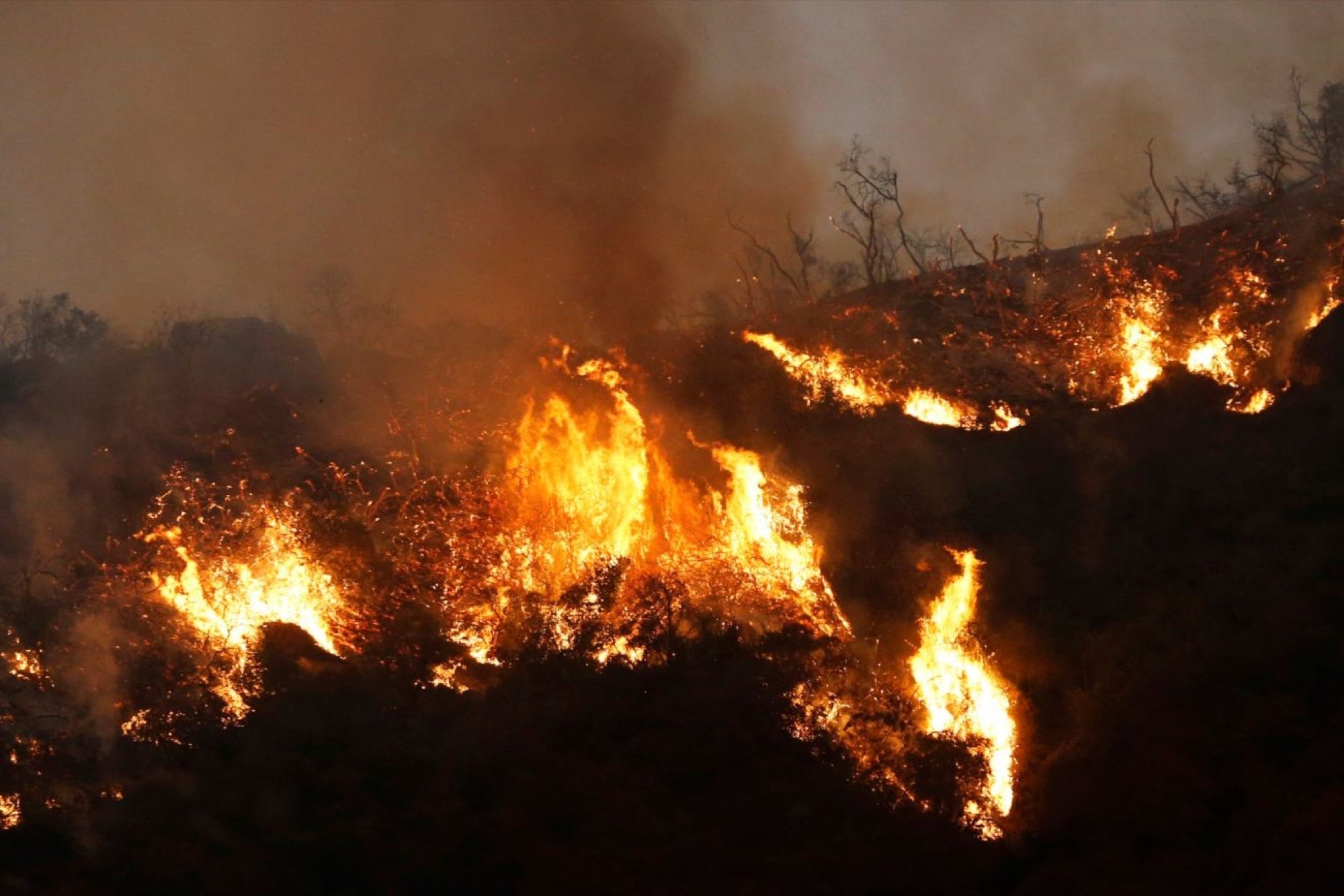5 Ways to Prepare Your Business for Natural Disasters, Catastrophes and Income Loss Preparing for disaster includes preparing for what follows when your employees and community most need you to be open for business.
By Lena Requist Edited by Dan Bova
Opinions expressed by Entrepreneur contributors are their own.

Disasters can strike businesses at any time and take almost any shape: A flood takes out a startup's servers. A founder is imprisoned. A tornado destroys the office building. Whether it's a natural disaster, a PR scandal or something else altogether, not being ready can add another level of devastation to an entrepreneur's life.
I know this firsthand. My company, ONTRAPORT, endured the Santa Barbara fires and aftermath that started in late 2017 and ravaged into this year. We also had shifts on our accounting team that resulted in me trying my hand at accounting (not my forte). Needless to say, 2018 has been a year of unexpected change and destruction -- both of my team's physical surroundings and our "usual" way of doing things.
Alongside our CEO, Landon Ray, I debated: "What do we do as leaders of this company and leaders in our community?" It all boiled down to a question that wasn't so simple to answer: What kind of emergency preparedness should you have in place so when stuff hits the fan, you're ready to execute?
Stuff hits the fan
The fires and mudslide in Santa Barbara were crazy acts of nature that resulted in evacuations as people's health was put at risk with the toxic air. Twenty-three people died in what's been called "the worst disaster in Santa Barbara history." It was a scary and traumatic experience as people were spread out, unsure of the status of people they cared about.
Before we knew how bad things were going to get, we still knew that the only way to keep our company up and running was by being proactive. We'd created an emergency plan years ago, so when the fires started, I immediately pulled the plan out at 6 a.m. because I had already lost power at my house and knew we were going to lose power in the office. We weren't in the evacuation area yet, but we needed a generator before they sold out.
We made sure to buy the right masks for everyone after we researched how to stay safe with declining air quality. Unlike most homes in Santa Barbara, our office had air conditioning, so we ordered HEPA filters. And when we realized that wasn't going to be enough because the air quality had become hazardous, we rented a ranch in Los Osos, two hours away. At that point, we evacuated and couldn't return to the office. We told people to work where they could -- about half came to the ranch, while the rest went to other areas with their families and loved ones.
Related: 5 Steps for Managing Disaster Recovery for Your Business
When safe places no longer feel safe.
We heard stories from others in the area that their employers wouldn't pay them because they couldn't work. I get that this was an emergency, and business owners have to make business decisions. We also had some employees who couldn't work: Our coffee and meal program employee couldn't take care of people's food because they weren't in the office.
In the same vein, our childcare center wasn't taking care of people's kids, but we knew that, just like our meal program provider, we had to pay them so they could in turn pay rent. Those are the decisions you have to make as an employer; they go a long way toward building trust with people. Treating people well isn't just a short-term investment but a long-term one, too. We wanted people to feel really taken care of.
And that applied to the employees who could still work as well. We set the ranch up with Wi-Fi, VPN, laptops and docking stations. We tried to close every loophole that could prevent us from offering customer support, prevent our marketing team from implementing campaigns or stop our engineers from fixing bugs or working on the development of new features on schedule.
How to prevent a disaster from getting bigger
Not every employer can move things around the way we did -- but a lot of entrepreneurs can do better than they're currently planned for. It's all about remaining thoughtful in how you handle the disaster facing you, and there are some smart ways to do that.
1. Make your priorities known.
The only thing more demoralizing for employees who are going through a situation of disastrous proportions is feeling as if they're means to an end. Servers, process documents and computers can all be replaced; people can't be. Make it clear that their safety is the most important thing.
We sent daily morning and evening emails or messages through our ONTRApeeps social media community to keep everyone connected and make sure people were safe. Every day, we also sent updates on the fire situation based on the information we were receiving so our team knew we were staying informed on a situation that directly impacted their lives and livelihood.
Related: First Things First: The 5 Secrets to Prioritization
2. Plan ahead to stay open.
While some businesses are built to be hands-on entities -- say, massage therapy or tutoring services -- most entrepreneurs can make plans to keep working when disaster strikes. We proactively placed our servers for customer work in different locations so customers wouldn't see disruptions, and we created redundancy with Amazon and Google Web Services. Creating tech stopgaps can save your business.
3. Look at what your state provides.
Our state had disaster recovery funds, and employees who didn't get paid could apply for unemployment during that time. Knowing what state benefits are available can be life-saving for both your business and your employees. Go the extra step to prepare the paperwork for affected employees so they can simply submit it if they'd like to access the benefits. Be informed ahead of time.
4. Always have three people who know how to do a job.
Not every entrepreneur has three employees. However, every entrepreneur can ensure processes are documented so anyone can follow them. When we ran into issues on the accounting side, many employees asked if they could help, but because some processes weren't documented, we couldn't take them up on their offers. Enforce documentation updates -- if you don't, you'll be the one cleaning up the debris.
5. Do what you can to help.
Our company did Valentine's Day candy grams as a fundraiser for affected families, raising several hundred dollars through people buying handmade cards from our HR team. We went together to dig out houses and hosted a bucket brigade of 300 people at our office to show our support. We couldn't afford to provide housing or write huge checks, but we did what we could.
Related: Volunteer to Help Those in Need – and Become a Better Entrepreneur
No one is immune from disaster, but everyone can prepare for disasters so their impact is limited. Entrepreneurs have a lot to lose when disaster strikes, and not being ready ensures that the devastation takes on new proportions. Planning ahead for the inevitable will save not just your sanity, but also your company.










